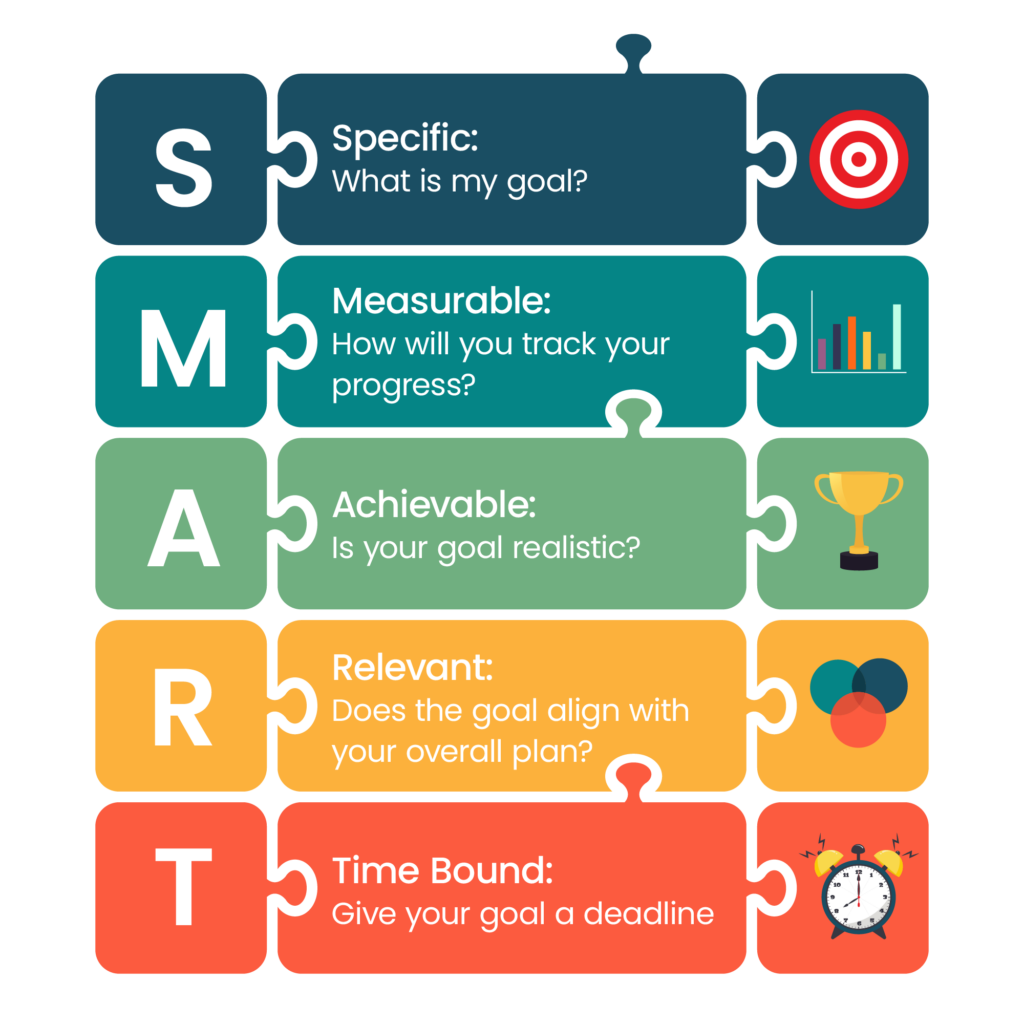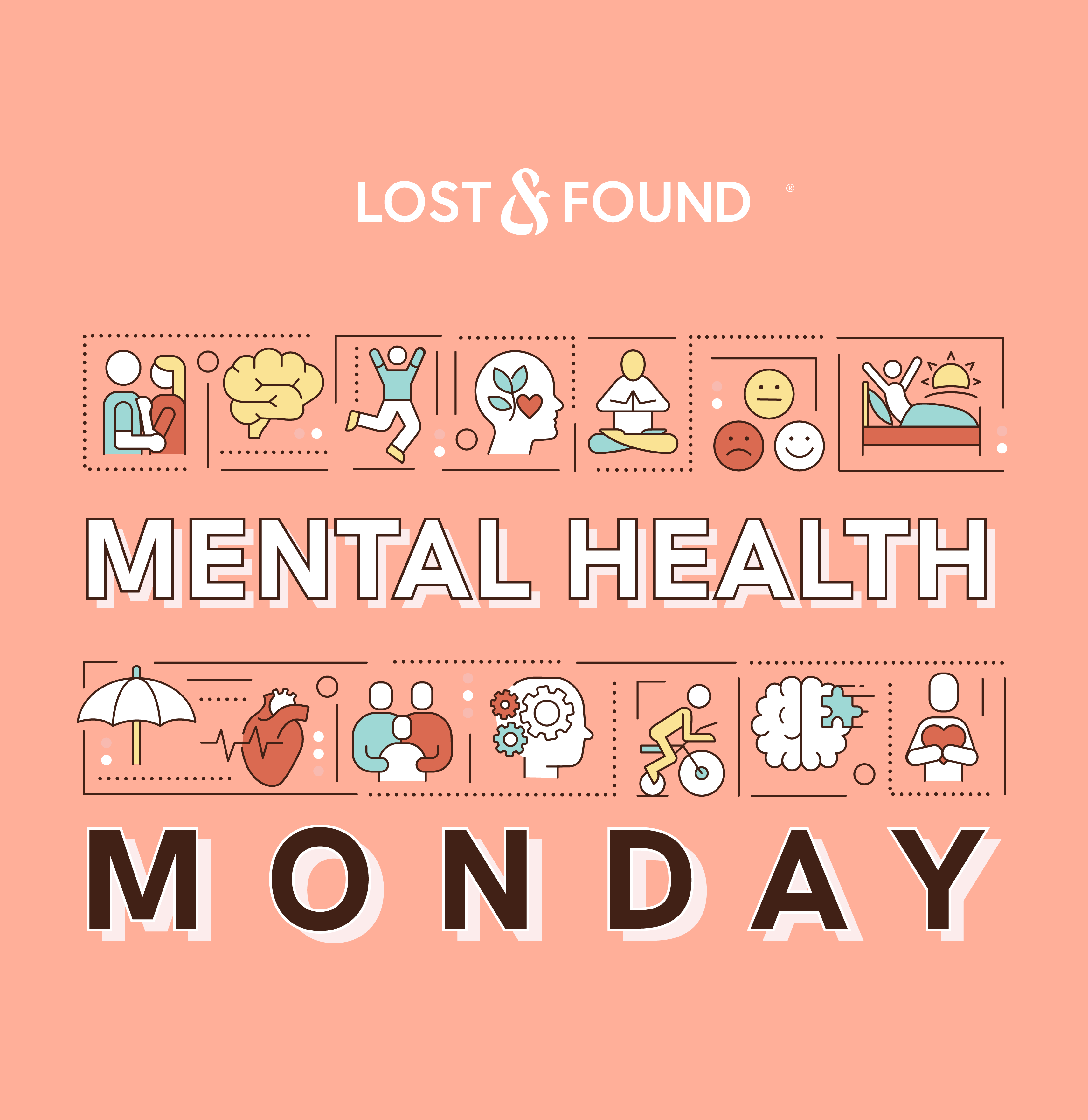Mental Health Monday: The strategy that can make achieving your New Year’s resolution more likely
This is part of a regular series called Mental Health Monday. Our goal is to share information about mental health trends and research, as well as suggestions for what we can do as individuals and communities to improve the mental health of ourselves and others.
For better luck on your New Year’s resolution, make it S.M.A.R.T.
Some studies say 80 percent of people quit their New Year’s resolutions by February. Why? At the end of the year, people tend to look back and focus on their struggles during the past year. This often leads to creating lofty goals (resolutions) for the New Year that focus on drastic changes. For example, an individual who does not work out regularly resolves to work out daily or lose 50 pounds in six months.
The inability to meet such lofty goals leads to guilt, shame, stress, and self-doubt.
Here are some tips on how to be S.M.A.R.T. about New Year’s resolutions:
- Be Specific: don’t make broad sweeping resolutions. Focus on one specific thing that you would like to improve. For example: “eat more fruits and vegetables” instead of “eat better.”
- Have a Way to Measure: To limit frustration, create a measurable goal. Being able to measure will limit frustration by showing improvement. Example: “Add one serving of fruit at least five days per week.”
- Be Realistic! For success to be possible, goals must be reasonably attainable. Telling yourself to add a cup of vegetables to every meal may not be possible with your lifestyle. Choose a plan that is attainable at the moment. You can always increase the goal once you have succeeded with the original goal.
- Make it Relevant. Resolutions must be relevant to your life and needs. Just because there is a push on social media or from friends to try something, does not mean it will work for you. If it does not have meaning or purpose for you, it will be hard to stick with.
- Goals Should Have a Timeline. Again, don’t set yourself up for failure. Set challenging, but realistic timelines for achieving success. If your resolution is significant, you may want to break it down into smaller goals and set timelines for each segment.
Overall, you want to set meaningful resolutions that will address areas in your life that are important to you. This means that you should spend some time reflecting on your values and current state of living. Don’t just make a resolution because it is a new year. Focus on self-care and small steps you can take to help decrease stress, improve quality of life, and build a stronger you.


